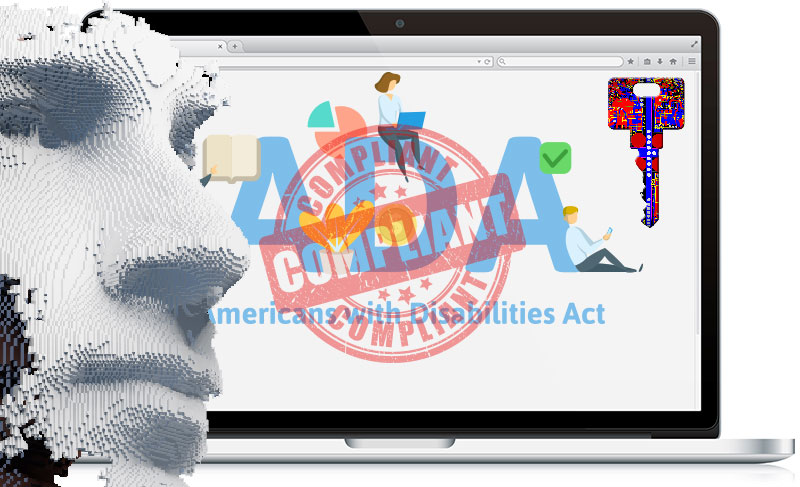
It is during this time of the season when we reflect over the past year. We review what we have accomplished, how we could do better, and what we need to change for next year.
What we publish and distribute online is a reflection of our brand’s moral compass. Thinking about how we behave as digital citizens is critical to others as we prepare to jump into 2020.
The industry already does care.
One of the items that I reflect on is what this industry already does for the community. Residential real estate brokerages and agents are some of the most giving and caring citizens that I know. Their empathy for others is firmly rooted in the core of their moral compass. It is about helping those who need help.
“Do Something for Someone Every Day” – Ebby Halliday
I don’t think people outside of the industry realize how much residential and commercial real estate brokerages and agents give back to local and national organizations.
Brokerages have spawned foundations like MSC Foundation from Michael Saunders & Company, which give back twice a year based on contributions by the company and its agents. Brokerages also sponsor and host charity events like Coldwell Banker Tomlinson’s support for Coats 4 Kids drive when the weather turns brittlely cold.
We are an industry of good citizens to our communities.
Why is this important?
As we continue to be good citizens in our communities, it is equally essential to be good digital citizens.
As digital citizens, there is a responsibility to ensure our digital assets are accessible by everyone, preserve individual privacy rights, and safeguard the data under our stewardship.
The following are areas that allow us to show our empathy as digital citizens and promote the brand’s moral compass of helping others.
Americans with Disabilities Act (ADA)
What better way to promote a brand’s commitment to the digital community than to ensure its digital assets are accessible to everyone.
The World Wide Web Consortium (W3C) published Web Content Accessibility Guidelines 2.0 (WCAG 2.0) in 2008 to make web content more available to people with disabilities. In June 2018, the W3C updated their recommendations to WCAG 2.1. The standard that the courts are supporting is WCAG 2.1 Level AA.
Use 2020 as the year to review how all your digital assets perform against the WCAG 2.1. Conduct audits to find areas to enhance conformance to the recommendation. Additionally, W3C is planning a release of WCAG 2.2 by November 2020 and has a task force solely dedicated to rewriting the guidelines for 2023.
Privacy & Security
There is enough written about the General Data Protection Regulation (GDPR) and California Consumer Privacy Act (CCPA). The biggest challenge is the explosion of laws and regulations at the state level.
What is congress doing about this? Democrats in the Senate recently drafted a new bill called the Consumer Online Privacy Rights Act. Republicans circulated a “staff discussion draft” of the CCPA. While there are differences in points, there is hope for bipartisan support for a single law covering the entire United States.
As digital citizens, there are plenty of action items we can do to demonstrate our concerns for other’s privacy and securing their information.
Security audits are crucial in determining if the people, processes, and technologies are in place to protect the information under our control. Audits are not a one and done task. Periodic security and privacy audits are standard procedures to identify risk assessment from changes in technology and laws.
Review NAR’s Data Policy and Security Toolkit. The toolkit contains checklists for security and drafting privacy policies and terms of use for web sites.
As Digital Citizens, time for a different perspective.
As content publishers in the digital world, our citizenry is similar to the physical world. We need to be mindful that others have disabilities, which are barriers to accessing our content. There are bad actors out there trying to access people’s personally identifiable information and expose it for self-gain.
2020 is the year where our attitudes to be better digital citizens requires more than a modicum of effort. We must address our digital assets, so they are readily available to a wide range of people with disabilities. Let’s be digital citizens to them, making them feel secure and welcome in the digital world when contemplating buying or selling a home online.
It takes to perform audits and to build sound processes for privacy and security. WAV Group is a great resource to help organize your strategy. Call Victor, Marilyn, or David to start the conversation on your pathway to becoming a better digital citizen.




